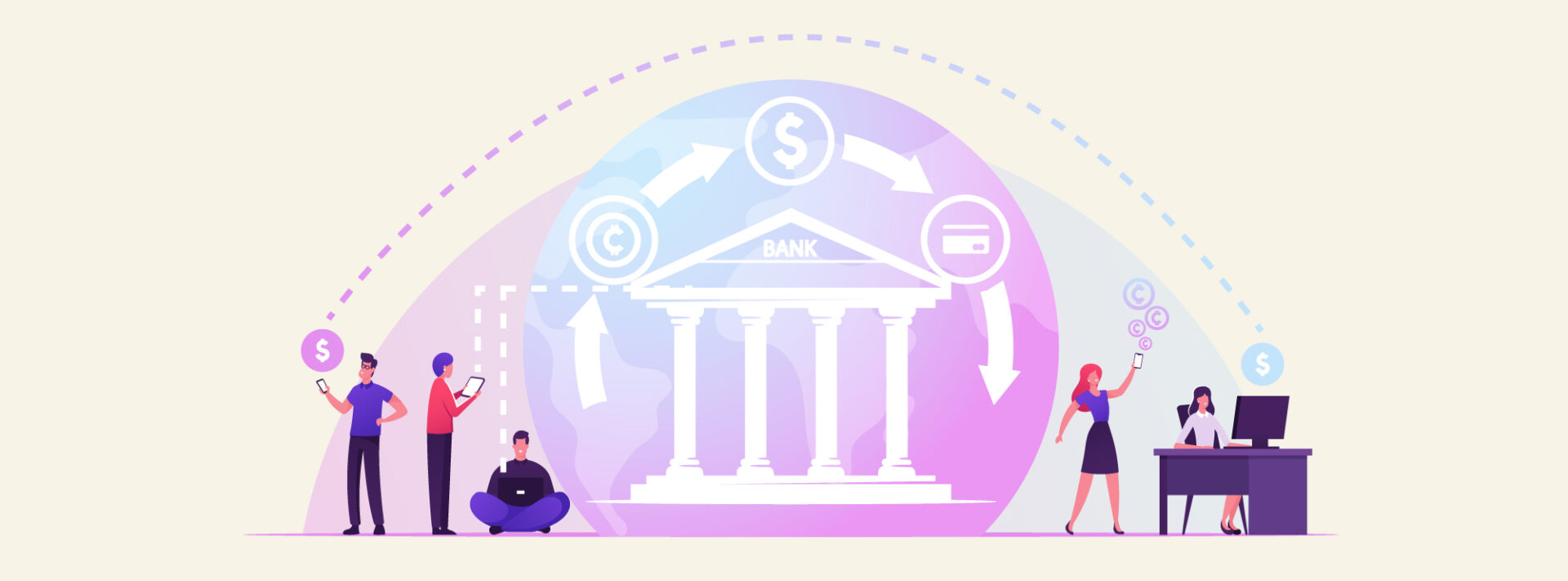By Anis Ramli
Like it or not, the terrain of the accountancy profession is being irrevocably altered by digital technologies. No accountant is immune to the perils of digital obsolescence – and each has opportunities to employ these technologies to grow and advance. Whether it’s artificial intelligence (AI), robotic process automation, big data analytics, the Internet of Things or geospatial technologies – at some point in time, if not now, accountants will have to interact with these tools in the workplace.
So how should accountants respond to these sweeping digital changes? And what are the new competencies that need to be in their wheelhouse?
MIA Deputy Executive Director Rasmimi Ramli caught up with Khuram Farooq, Senior Financial Management Specialist at The World Bank, during a conference on capacity building co-hosted by the International Federation of Accountants and MIA, on how accountants can thrive by harnessing digital change. Following are highlights from their conversation:
Be Strategic Partners
“Accountants should be able to bring strategic actionable insights and become strategic partners of the business, rather than confining themselves to the narrow domains of accounting,” said Khuram. For example, by combining accounting, which is financial information, with geospatial information or location data relating to procurement information – they can create compelling business insights to expand service delivery and the organisation’s footprint.
Deliver Strategic Business Intelligence
Mindset change is the challenge in persuading accountants to think about delivering strategic business intelligence, rather than confining themselves to accounting and managing accounting transactions.
The bottom line is that accountants need to rethink their roles. “Instead of thinking that we are just managing the financial transaction, we need to think about the business. Ask what the business is trying to do. Think about its mandate and mission and then try to give ideas using the data available and cross-cut across other departments. Only then can you create business and strategic impact,” advised Khuram.
Accountants’ impacts and roles will differ from sector to sector, he noted. As strategic business partners, accountants should give ideas to drive the business forward and in a sustainable manner. In the public sector, they can help increase transparency, efficiency and trust. They can advocate for technologies to facilitate citizen engagement. “By giving a voice to citizens, governments become more accountable,” said Khuram.
Holistic embedding of technologies
Technology adoption isn’t a standalone but entails looking holistically at the policy, the people and the technology. “Technology alone will not deliver. Without managing the policy and the people – its economy, capacity, skills and incentives – the impact of these technologies will be suboptimal,” cautioned Khuram.
It is also necessary to reform education as the foundation of critical thinking and the deployment of digital tools. “The curriculum in accounting professional bodies should also embrace these technologies, promote their strategic qualities and the emerging opportunities for creating efficiencies with these technologies.”
The World Bank as Role Model
To ensure the public sector is abreast of and optimises technology, in 2019 the World Bank Group launched the GovTech Global Initiative. GovTech is a whole-of-government approach to public sector modernisation that promotes simple, accessible, and efficient government. It aims to promote the use of technology to transform the public sector, improve service delivery to citizens and businesses, and increase efficiency, transparency and accountability.
“We focus on creating efficiencies within a government through the core systems. For example, the public should not have to go from one building to another to get city services. There should be an online or mobile channel available through which they can get the service, preferably through one transaction. This helps achieve the ultimate goal of public service which is delivery,” explained Khuram.
The World Bank and GovTech also focus on citizen engagement, specifically giving voice to citizens whether in policy, feedback on public services or corruption, which in turn drives accountability and transparency in government.
Technology improves transparency, accountability and good governance
Technologies have immense potential to increase transparency and hence accountability and good governance. “Transparency can be at the level of the government where they can publish their budget, for instance, and citizens can give their feedback. When governments give opportunities and channels for citizen feedback, then all these efforts can kickstart accountability,” concluded Khuram.






